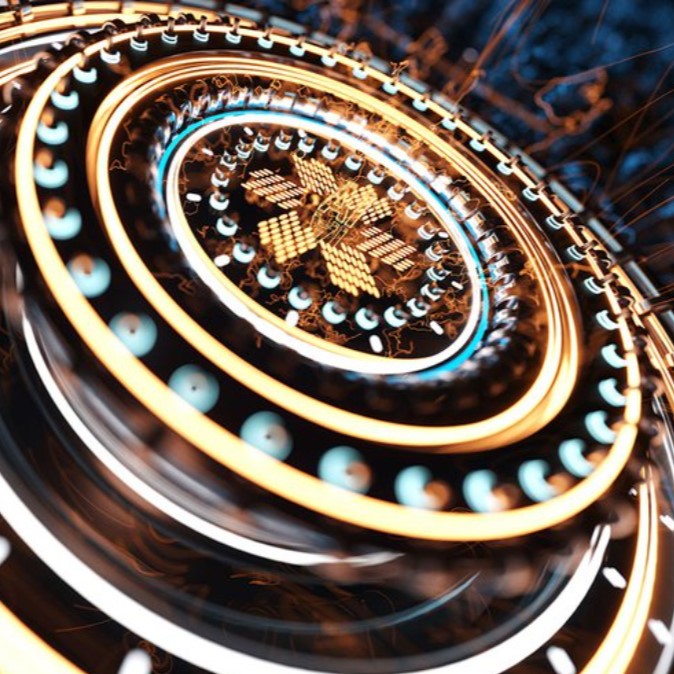Long live the graphene valley state

From ETH Zurich 21/01/24 In quantum computing, the question as to what physical system, and which degrees of freedom within that system, may be used to encode quantum bits of information – qubits, in short – is at the heart of many research projects carried out in physics and engineering laboratories. Superconducting qubits, spin qubits, […]
World’s first logical quantum processor

From Harvard University 19/12/23 In quantum computing, a quantum bit or “qubit” is one unit of information, just like a binary bit in classical computing. For more than two decades, physicists and engineers have shown the world that quantum computing is, in principle, possible by manipulating quantum particles – be they atoms, ions or photons […]
Self-correcting quantum computers within reach?

From Harvard University 02/11/23 Quantum computers promise to reach speeds and efficiencies impossible for even the fastest supercomputers of today. Yet the technology hasn’t seen much scale-up and commercialization largely due to its inability to self-correct. Quantum computers, unlike classical ones, cannot correct errors by copying encoded data over and over. Scientists had to find […]
